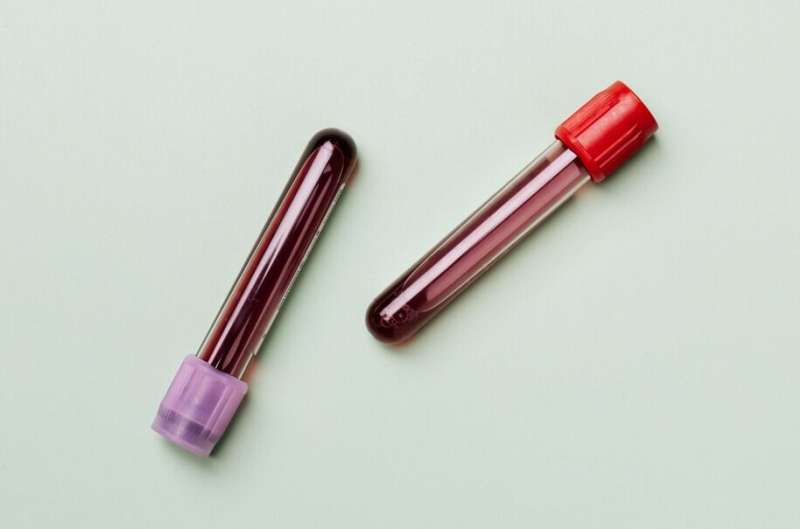Introducing Peanuts and Eggs Early Reduces Food Allergy Risks in Infants

Early introduction of peanuts and eggs at around six months significantly lowers the risk of developing food allergies in infants, according to recent Australian studies and updated guidelines. This approach offers a promising strategy for allergy prevention.
Recent research underscores the importance of early introduction of common allergenic foods such as peanuts and eggs to infants, demonstrating a significant reduction in the risk of developing potentially life-threatening food allergies. According to a study published in the Journal of Allergy and Clinical Immunology: In Practice, families who introduced peanut butter and eggs around six months of age observed a marked decrease in allergy incidence compared to those who delayed introduction beyond ten months.
The study, conducted by researchers at The Kids Research Institute Australia, analyzed two groups of infants: one cohort born between 2006 and 2014, who received no specific feeding advice and introduced allergenic foods later, and another cohort born between 2016 and 2022, where parents were provided with updated guidelines promoting early introduction at six months. All infants studied had a first-degree relative with a history of allergic disease.
Findings revealed that in the group following the new guidelines, the prevalence of egg allergy dropped from 12% to just 3%, and peanut allergy reduced from 6% to 1%. These results strongly support the updated Australasian Society of Clinical Immunology and Allergy (ASCIA) guidelines, which advocate for early allergen exposure to prevent allergies.
Dr. Debra J. Palmer, a key author, emphasized that the evidence from randomized controlled trials worldwide, including their own research, confirms the benefits of early allergen introduction. Despite this, some parents remain unsure about the appropriate timing, especially those with a family history of allergies.
The study further demonstrated that distributing printed guidelines directly to parents and caregivers significantly increased adherence to early introduction practices. This approach could be pivotal in reducing allergy rates across communities. Healthcare professionals, including child health nurses and general practitioners, are encouraged to share these recommendations widely.
This shift in infant feeding practices offers a promising strategy in allergy prevention, empowering parents with evidence-based guidance to improve children’s health outcomes.
Source: https://medicalxpress.com/news/2025-07-evidence-introduction-peanuts-eggs-allergy.html
Stay Updated with Mia's Feed
Get the latest health & wellness insights delivered straight to your inbox.
Related Articles
Innovative Ultrasound Technique Validated for Noninvasive Central Venous Pressure Measurement
A groundbreaking study validates a noninvasive ultrasound method to accurately measure central venous pressure, offering a safer alternative to invasive procedures and improving patient management in cardiovascular care.
Link Between Drinking Water, Food, and PFAS Exposure in California Adults
A new study from Boston University reveals that drinking water, seafood, eggs, and brown rice contribute to PFAS exposure in California adults, emphasizing the need for regulatory action and consumer awareness to reduce health risks.
Newer Antiseizure Medications During Pregnancy May Pose Less Risk Than Older Drugs
Recent research indicates that certain newer antiseizure medications may pose fewer risks of birth defects during pregnancy compared to older drugs, guiding safer treatment choices for expectant mothers.
FDA Approves First Blood Test for Alzheimer's Disease in the US
The US has approved the first blood test for Alzheimer's, enabling earlier detection through a simple blood analysis that measures specific proteins linked to the disease, potentially transforming diagnosis and treatment.



